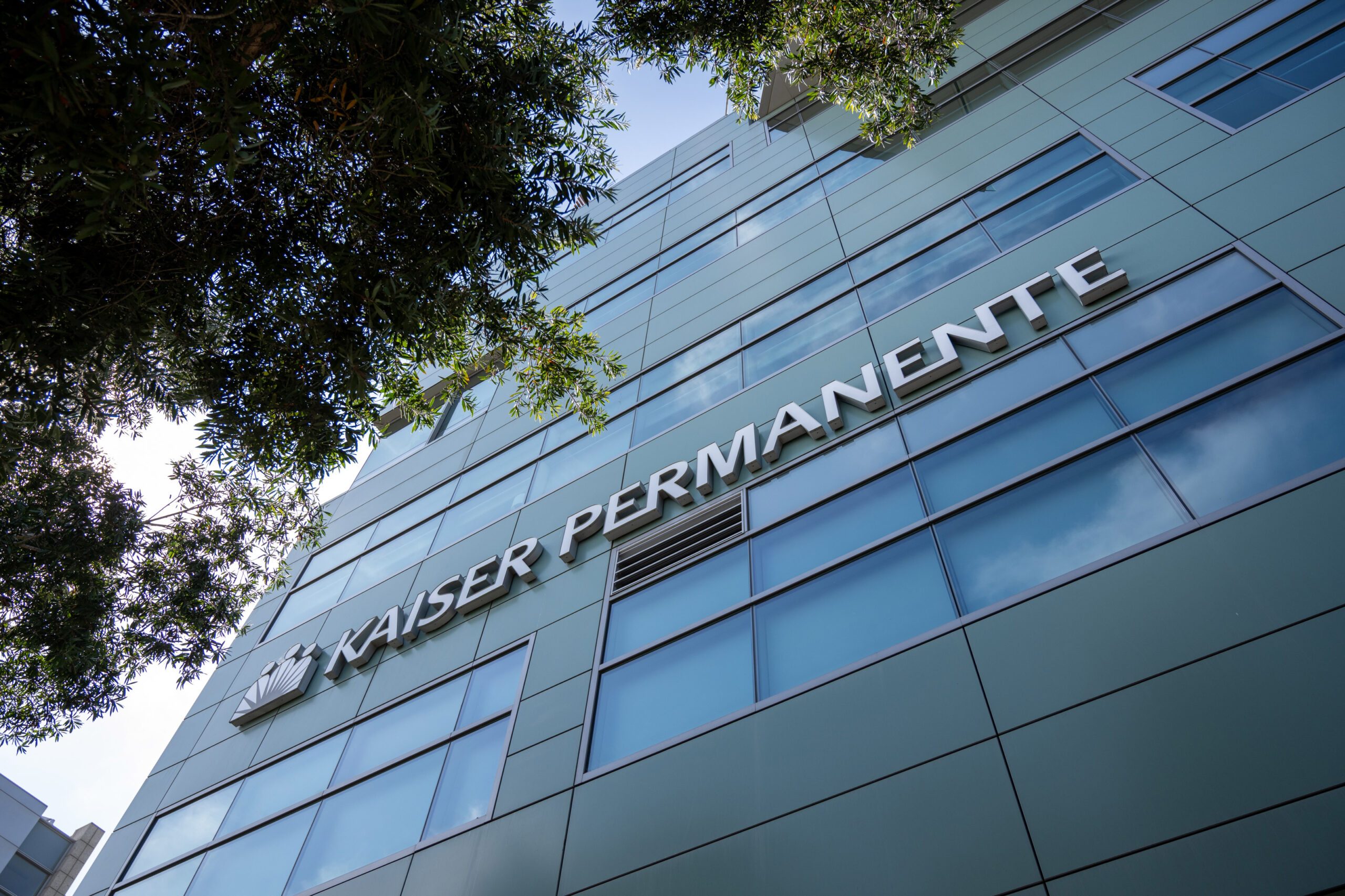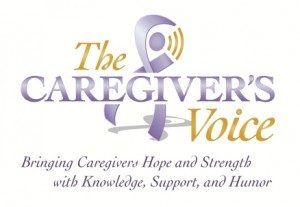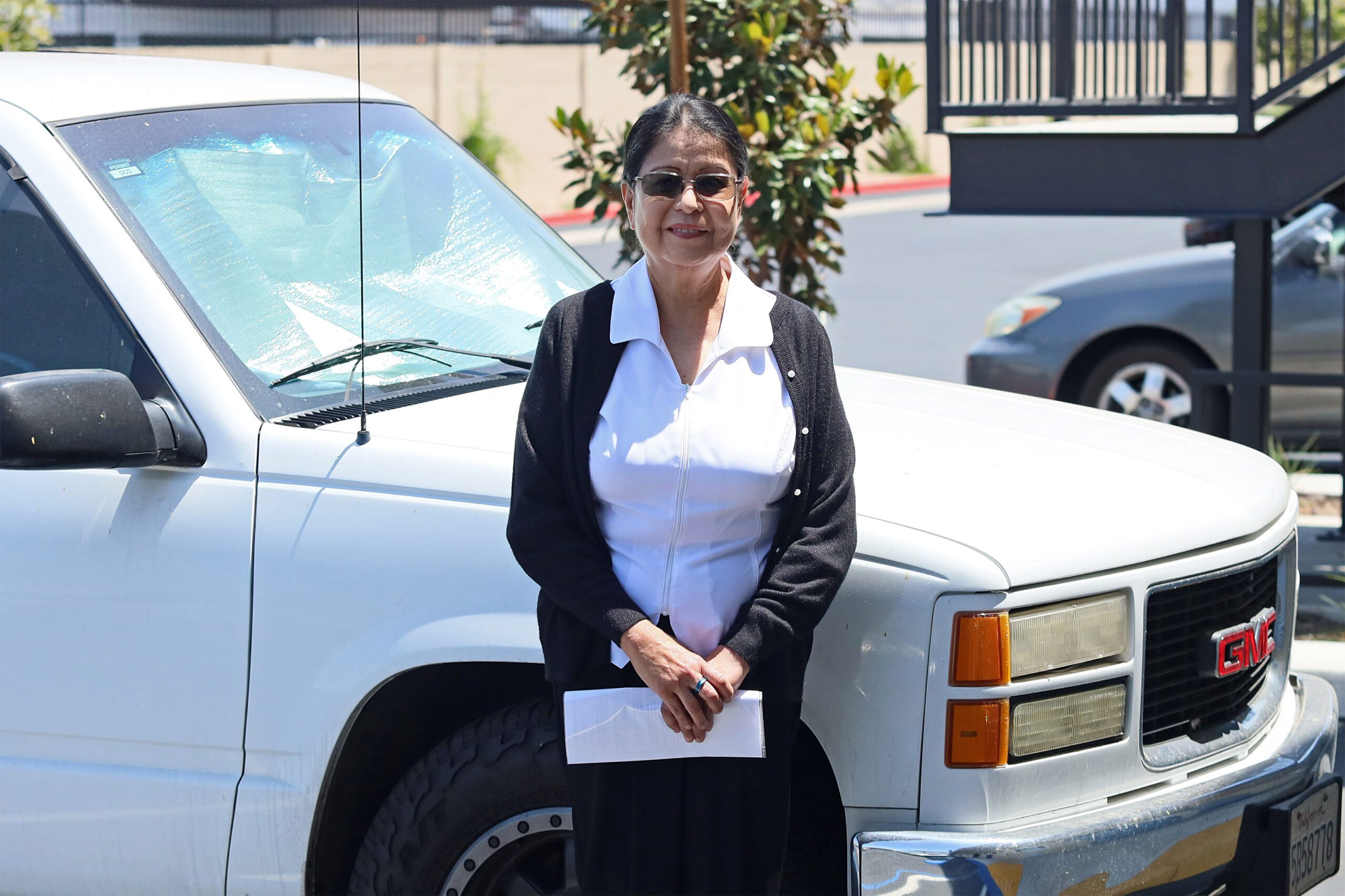CANNABIS CULTURE – On 9 March, the New York State’s Cannabis Control Board announced that it’s prioritizing dispensary of the first 100 cannabis licenses to applicants with past marijuana-related offenses. For ex-inmate, Coss Marte, this is a good turn of events.
Coss Marte is the chief executive and founder of CONBODY, aprison-style boot camp, which is tapping into the cannabis business in NYC with a new business he is launching, CONBUD.
Coss Marte grew up in New York’s Lower East Side, where he began dealing marijuana at a young age, with his first arrest at only thirteen years old. Over a run of 6 years from 2003, Marte soon ran the ´largest´ drug delivery service in NYC, earning over $2 million a year. “I don’t know if I had the largest cannabis business back then, there was no real market research or SWAT analysis, but I know I sold a lot of pot back in the day in New York City,” Mart tells Cannabis Culture shyly.
At the age of 23, his operation was shut down by the police, landing him with a 7-year prison sentence.
After serving 4 years in prison and losing over 70lbs in 6 months, Coss Marte founded CONBODY with a mission to de-stigmatize the formerly incarcerated community. Furthering his mission to de-stigmatize those who have been impacted by the war on drugs, Coss is launching CONBUD, to legally sell cannabis in NYC, with plans to hire formerly incarcerated individuals.
Something attracted Marte to cannabis at such an age knowing the legal risks attached to his venture. “What initially attracted me was the money. As a kid growing up in the Lower East Side, a very drug-infested area, it was a route that I took because there wasn’t a lot to make money out of. I grew up in a very impoverished neighborhood and it was hard. I saw this as a means to make some money for myself.”
We use the same drugs as white people
The US criminal justice system has a well-entrenched systemic inequality when it comes to enforcing cannabis laws with regards to folks of color.
“There are so many inequities that I can talk about, but relating to cannabis, the majority of the people we see incarcerated are people of color in New York State and across the country,” says Marte. In New York City, he points out, 95% of people incarcerated in jails are people of color, people who are black or brown, and such people with a criminal record are not able to get into the legalized cannabis business, stripping them of the opportunity once they are out.
“We use the same drugs at the same rate as white people but are way more likely to be incarcerated for it,” he says.
Walking tight cannabis rope?
So, with CONBUD, Marte aspires to hire formerly imprisoned folks of color to legally sell cannabis. This is potentially a tight rope to walk, any error some of those folks can head back to prison.
“I feel like we get the wrong impression of people that were formerly incarcerated,” Marte tells Cannabis Culture.
“Things could go wrong at any time, but I feel like the people who are incarcerated are the smartest and most charismatic, passionate, ambitious, and trustworthy people. I’ve been able to hire over 50 people coming out of the prison system with CONBODY and have a zero-recidivism rate. I don’t feel like I’m walking on a tight rope.”
His approach is to vet individuals and have them go through a program where they will learn more about the cannabis business. “We’ll start off with an internship process and hopefully hire them full time and they jump on board. CONBUD is a dispensary and a brand where I want to hire people coming out of the prison system who have been justice impacted to allow them to get back in the game on the legal side.”
New York´s big announcement
So that New York State’s Cannabis Control Board is prioritizing dispensary licenses to applicants with past marijuana-related offenses is a big announcement for Marte.
“It’s an incredible opportunity for myself and for people who have been in the system,” he says. “We have been affected the most by the criminal justice system, especially in drug-related marijuana crimes, so I think it’s only fair if that we get the first shot at it.”
This is a very positive announcement because so many cannabis inequities across the US, he says. For example, New Jersey, doesn’t have one black-owned dispensary which is so sad because the people taking advantage of it are the white, older, or venture capital men, feels Marte. The people of color are not receiving a license over there, and they have been affected so much in the New Jersey criminal justice system, just like folks of color in nearby New York.
“Yet, we have the talent to operate a business,” he says.
No easy walk
Though New York´s announcement is quite bold, the reality is it’s not going to be as easy to receive a cannabis license for folks of color. “You have to show a track record of business or a nonprofit organization that’s been operating for the last two years helping people who’ve been justice impacted,” he says.
It´s for this limiting criteria that Marte also sees a great opportunity to jump on board, to be a voice for the community that gets disproportionately criminalized for cannabis.
“I think this is incredible and that New York State is moving in the right direction,” he says citing the state´s setting up of cultivations for farmers and putting applications up soon.
Word
Cannabis legalization in the US is still confusing and complex, it is still a hurdle for legal traders to dabble in cannabis across state lines. Marte has solid advice for would-be legal entrepreneurs. “Everyone should follow the guidelines, especially in NY State. Crossing from state to state is federally illegal so I would advise people to look at your state laws if you want to get involved
Original Article










